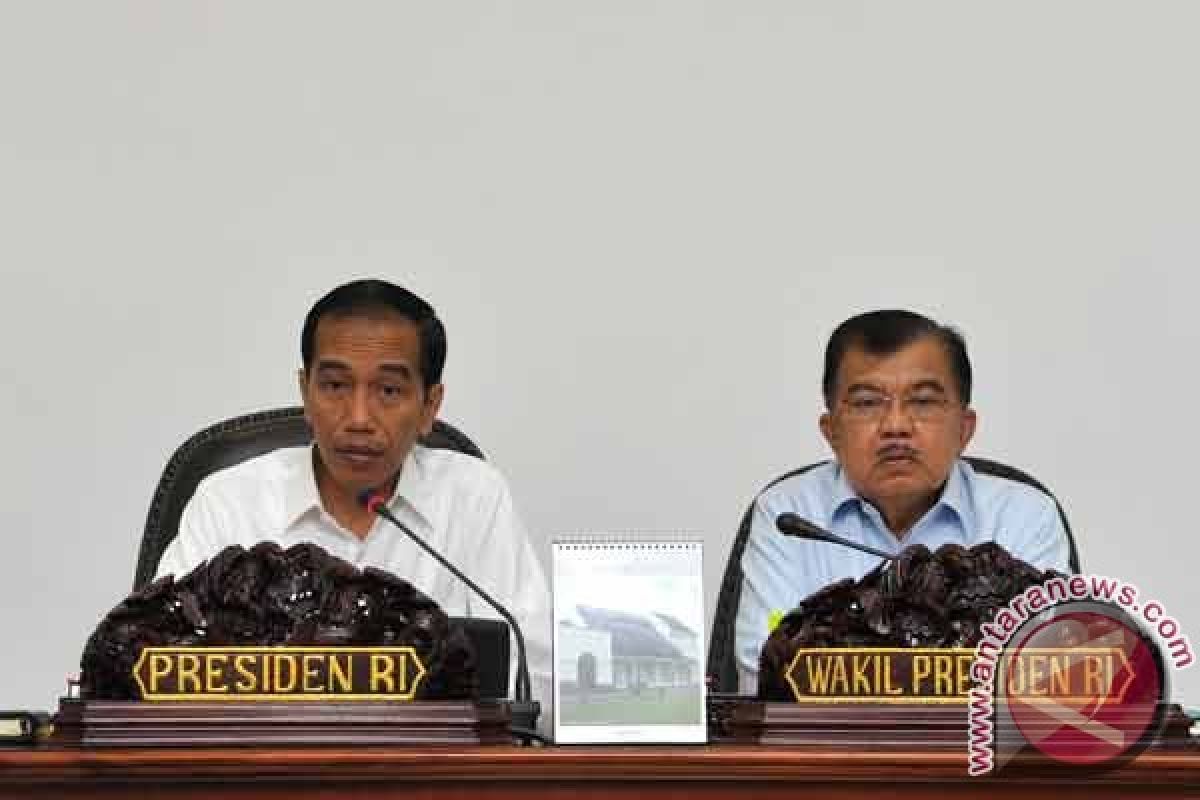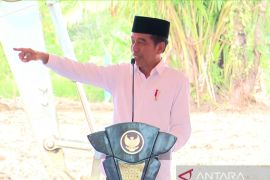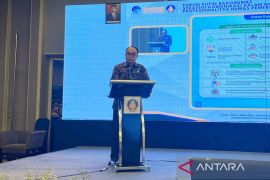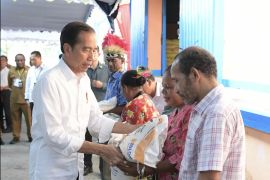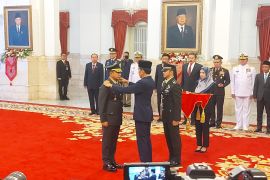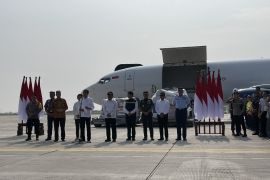The focus of the meet was along the lines of the elaborate plans he discussed with a few state leaders at the APEC, ASEAN and G-20 summits.
"Plans on infrastructure development can be further presented by ministers and directors of state-owned companies," President Jokowi said in his opening speech of the cabinet meeting at the presidential office here on Monday.
On the sidelines of the APEC Summit in Beijing, China, on November 11, Jokowi discussed his plans on infrastructure development in Indonesia with Chinese President Xi Jinping, Russian President Vladimir Putin, Japanese Prime Minister Shinzo Abe, and South Korean President Park Gyeun-hye.
"We will push the discussion on the technical development of infrastructure to the ministerial meeting. We have at least reached an understanding with the four state leaders (those of China, Russia, Japan, and South Korea) and sought their involvement to accelerate our infrastructure development to drive economic growth," Jokowi noted.
He added that he would focus on building transport-related infrastructure, including ports and railway tracks, and power plants.
During the cabinet meeting on Monday, the president and his ministers also discussed about subsidized fuel oils, preparations for national development, the establishment of one-stop investment services, and the evaluation of cash subsidies (Welfare Family Card, Indonesia Health Card and Indonesia Smart Card).
Moreover, in line with Jokowis infrastructure-related goals, seven multilateral banks agreed that infrastructure development was the key to poverty alleviation and inclusive growth. These were the World Bank, the International Monetary Fund, the Asian Development Bank, the African Development Bank, the European Reconstruction and Development Bank, the European Investment Bank, and the Inter-American Bank.
The joint press statement from the seven banks, which was made available to Antara last Thursday (November 13), further pointed out that a well-established infrastructure would not only allow poor people access to basic services, such as health and education, but would also empower the private sector, primarily small-medium enterprises, in developing countries.
(Reporting by Muhammad Razi Rahman and GNC Aryani/Uu.INE/A060/KR-BSR/O001)
Editor: Priyambodo RH
Copyright © ANTARA 2014
